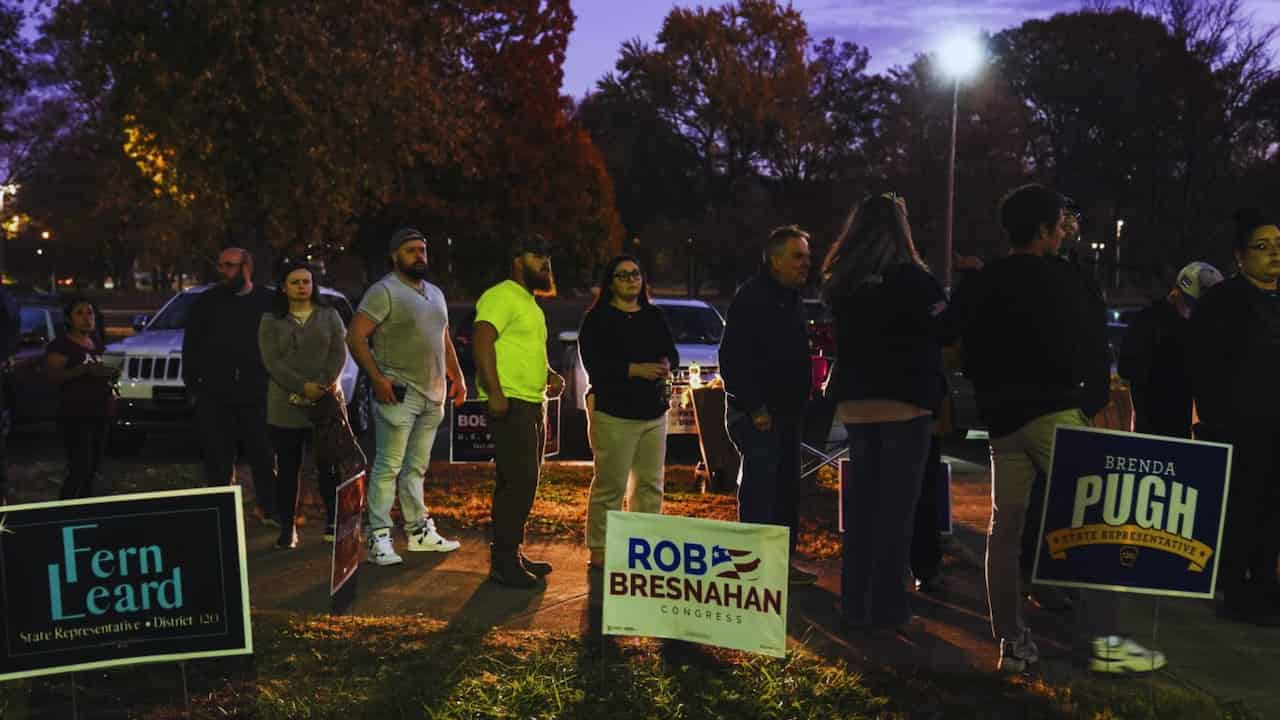Democracy at a Crossroads: PA Supreme Court’s Landmark Ballot Ruling Rocks Senate Race
In a dramatic turn of events that has sent shockwaves through Pennsylvania’s political landscape, the state’s Supreme Court has issued a decisive ruling that could seal the fate of thousands of mail-in ballots in the hotly contested U.S. Senate race between Democratic Sen. Bob Casey and Republican David McCormick.
The court’s order, which bars counties from counting mail-in ballots lacking correct handwritten dates on return envelopes, marks a significant victory for McCormick’s campaign while dealing a substantial blow to Casey’s hopes of retaining his Senate seat.
Breaking Down the Numbers
The current vote tally shows McCormick leading by approximately 17,000 votes out of nearly 7 million cast—a razor-thin margin that falls within Pennsylvania’s 0.5% threshold for triggering an automatic statewide recount.
This small gap has turned every contested ballot into a potential game maker, with both campaigns launching legal battles over how counties handle thousands of provisional ballots.
The Battle Lines
The ruling has drawn clear battle lines between:
- Republican Officials: Argue that the date requirement is crucial for ballot security.
- Democratic Election Boards: Claim the date requirement is merely a technical detail that shouldn’t prevent eligible voters from having their voices heard.
- County Election Workers now face the challenging task of sorting through thousands of provisional ballots under intense scrutiny.
Governor Shapiro’s Stance
In a surprising development, Democratic Governor Josh Shapiro has backed the court’s decision, emphasizing the importance of legal clarity. Shapiro firmly stated, “The rule of law matters in Pennsylvania,” defying some fellow Democrats who had challenged the court’s earlier rulings on this issue.
The wider impact
This ruling reaches beyond just the current Senate race:
- It establishes a distinct standard for upcoming elections.
- Affects thousands of mail-in ballots statewide
- Creates new standards for ballot processing
- It shapes the way counties manage comparable cases in the future.
County-by-County Response
The response to the ruling has varied significantly across Pennsylvania’s counties:
- The Democratic-majority boards in Philadelphia, Montgomery, and Bucks Counties initially voted to count the disputed ballots.
- Most other counties followed the court’s original guidance and did not count the challenged ballots.
- Centre County faced unique challenges with date formatting issues.
Looking Ahead
While election workers continue to process ballots, several key questions remain.
- How will this ruling affect future voter participation?
- What impact will this have on mail-in voting procedures?
- Could this influence similar cases in other states?
The Bigger Picture
This case highlights the ongoing tension between ballot access and election security. While Republicans maintain that strict adherence to rules preserves election integrity, Democrats argue that technical requirements shouldn’t override voter intent.
The Associated Press has already called the race for McCormick, concluding that the remaining uncounted ballots in Casey-leaning areas wouldn’t be sufficient to change the outcome. However, the automatic recount process persists, guaranteeing the accurate tabulation of every valid vote.
Historical Context
This isn’t McCormick’s first encounter with mail-in ballot disputes. Interestingly, during his previous Republican primary contest against Dr. Mehmet Oz, McCormick aligned with Democrats in arguing for a more inclusive approach to counting votes. His lawyer then argued against exploiting technical requirements, a position that contrasts sharply with his current stance.
One thing is certain: this ruling will significantly impact the conduct of future elections in Pennsylvania as the state continues to process ballots under these new guidelines. With both parties closely watching the outcome, this case may well become a reference point for similar disputes across the country.
